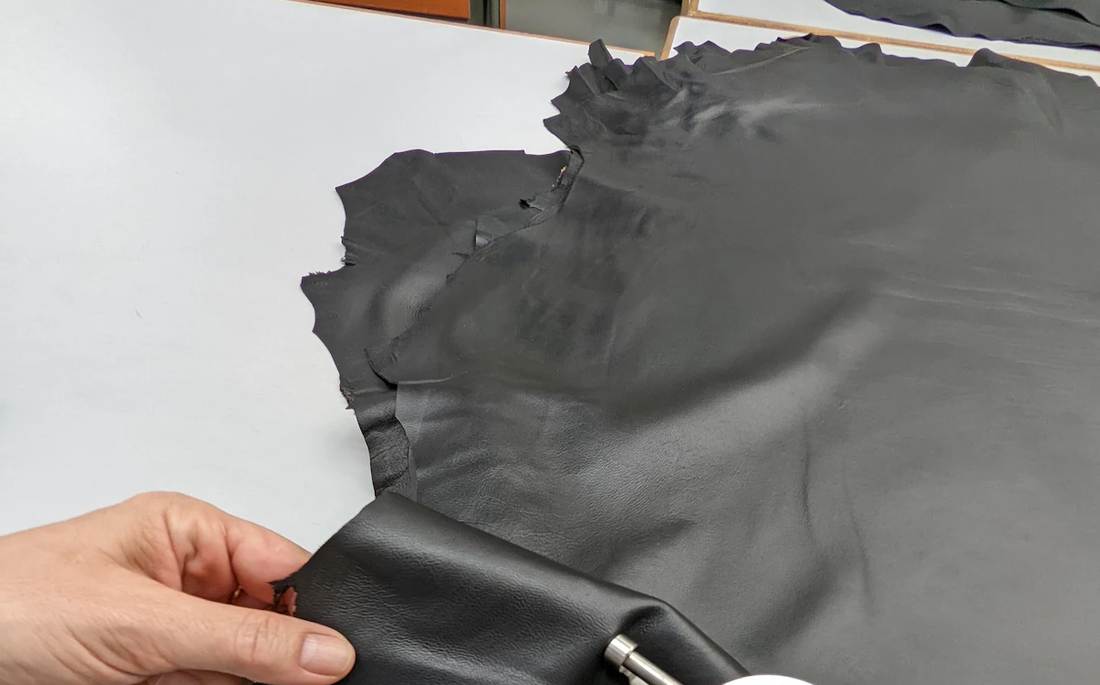Veuillez sélectionner votre pays et votre langue

vegetable tanned leather
None of our leather is sourced from exotic or endangered species and even the processed leather we use is a by-product of the food industry. Yet this is still not enough for us! Leather production needs to undergo a radical change to make it more sustainable.
Of our leather is a By-Product of the food industry
Water savings thanks to the naturtan process
Our supplier is audited by the Leather Working Group (LWG):
_Water and energy consumption
_Waste and waste water management
_Health and safety
_Traceability
_Chemical management
With all the materials we use, it is not just the quality that is important to us, but also their responsible manufacture. With natural materials in particular, which we acquire through or from animals, we make every attempt to find more sustainable alternatives that meet our standards. This is why we not only continually improve our manufacturing process, but are also continuing to work on finding alternatives that can replace real leather in terms of their longevity, durability and environmental aspects.

None of our leather is sourced from exotic or endangered species and even the processed leather we use is a by-product of the food industry. Yet this is still not enough for us! Leather production needs to undergo a radical change to make it more sustainable.
The NaturTan process employed by our supplier not only replaces chrome tanning with a completely vegetable tanning process, but also combines it with an innovative dry tanning process. Waste such as cashew shells and waste water from olive oil production remove the need for chrome during the tanning process. According to our supplier's estimates, the waterless pre-tanning and main tanning phases mean water savings of up to 30% compared to conventional tanning processes. This innovative tanning process is just one important component on the way to improved sustainability. Waste water management, energy consumption and chemical management are some additional aspects of our manufacturer’s leather production process, which was audited by the Leather Working Group (LWG) and awarded the highest rating, a shining example of better leather manufacture.
When we think of leather, we think of durability, naturalness and robustness. Over time, this is what gives some of your favourite pieces by us a unique individual patina, making them lifelong yet timeless companions. But even though we love its positive features, we are also aware of the dark side of leather production. Hides sourced from exotic or even endangered species are therefore a no-go product for us. For our materials, we rely on leather that is a by-product of the food industry and would otherwise be discarded. However, it would be wrong to think that this amounts to doing enough. At DRYKORN, we look at the entire manufacturing process.
'Innovation is about driving sustainability.'
Our supplier’s NaturTan process replaces chrome tanning with a complete vegetable tanning process. The leather used for your jacket is tanned using waste products from the food industry such as cashew shells and waste water from olive oil production, thus negating the need for chrome. A further problem in the manufacture of leather is the high water consumption. This is why our supplier combines innovative dry tanning in their NaturTan process with vegetable tanning, which in their estimates leads to water savings of up to 30% compared to conventional tanning processes.
